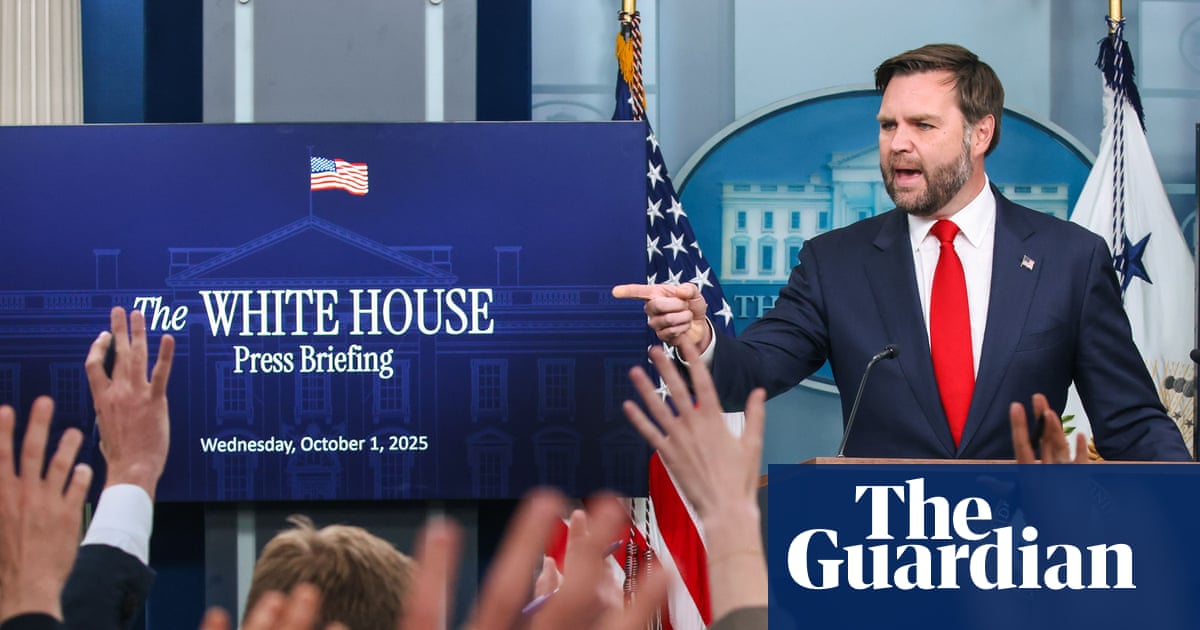Geebus. OP uses false reporting to claim that reversing the restrictions and checks the OBBB created which made it far more difficult for states to get reimbursed for the coverage of Illegal Aliens (Undocumented Immigrants in leftist-speak).
Reversing the healthcare provisions of the One Big Beautiful Bill (OBBBA, formally H.R. 1, enacted in 2025) would primarily restore federal funding mechanisms that states previously leveraged to offset the costs of providing healthcare to undocumented immigrants (often referred to as "illegal immigrants" in political discourse). Under current law, these provisions sharply limit federal reimbursements, forcing states to rely almost entirely on their own budgets if they choose to extend coverage beyond minimal emergency services.
Those provisions are the ones the Democrats are demanding be reversed for them to vote to fund the government for seven weeks.
Here's a breakdown for y'all:
In summary, OBBBA's provisions were engineered to end "taxpayer-funded" (i.e., federal) benefits for undocumented immigrants, projecting over $200 billion in federal savings by tightening eligibility and reducing matches. Reversal would flip this by reinstating federal support, allowing states to sustainably fund coverage for an estimated 10-12 million undocumented residents, focusing on emergencies initially but enabling fuller access over time. This aligns with pre-2025 practices in 15+ states but scales it nationally without prohibitive state costs. Actual implementation would depend on new legislation, as full repeal isn't guaranteed in a divided Congress.
Reversing the healthcare provisions of the One Big Beautiful Bill (OBBBA, formally H.R. 1, enacted in 2025) would primarily restore federal funding mechanisms that states previously leveraged to offset the costs of providing healthcare to undocumented immigrants (often referred to as "illegal immigrants" in political discourse). Under current law, these provisions sharply limit federal reimbursements, forcing states to rely almost entirely on their own budgets if they choose to extend coverage beyond minimal emergency services.
Those provisions are the ones the Democrats are demanding be reversed for them to vote to fund the government for seven weeks.
Here's a breakdown for y'all:
- Current OBBBA Restrictions: The bill (Section 71109) prohibits federal Medicaid or Children's Health Insurance Program (CHIP) reimbursements for any non-citizens except a narrow group (U.S. citizens, lawful permanent residents, Cuban/Haitian entrants, and Compact of Free Association migrants). This excludes refugees, asylees, parolees, and undocumented immigrants entirely from non-emergency coverage. For emergency services (the only federal reimbursable care for undocumented individuals), Section 71110 reduces the Federal Medical Assistance Percentage (FMAP)—the federal matching rate—from 90% in ACA expansion states to the state's standard rate (often 50-70%). This slashes federal support by tens of billions over a decade, per Congressional Budget Office (CBO) estimates.
- Effect of Reversal: States could regain access to full federal matching funds (up to 90% FMAP in expansion states) for emergency care and potentially broader Medicaid/CHIP eligibility for certain immigrants who were covered pre-OBBBA (e.g., those with temporary protections like parole). This would free up state budgets, allowing legislatures in pro-coverage states (e.g., California, New York) to expand non-emergency benefits—like prenatal care, primary care, or long-term services—for undocumented residents without shouldering the full cost. Pre-OBBBA, states used these matches to cover over 1 million undocumented individuals annually for emergencies alone, saving states billions.
- Current OBBBA Restrictions: Sections 71301-71303 limit Affordable Care Act (ACA) premium tax credits (PTCs) and cost-sharing reductions to the same narrow immigrant categories, closing pre-2025 loopholes that allowed parolees, asylees, and others in Medicaid waiting periods to access subsidies below federal poverty level thresholds. Undocumented immigrants were already ineligible for PTCs, but the bill's verification mandates and ban on automatic re-enrollment further block mixed-status households (e.g., U.S. citizen children of undocumented parents) from subsidies. CBO projects $165 billion in federal savings from these changes.
- Effect of Reversal: States could indirectly support undocumented coverage by restoring subsidies for eligible family members in mixed-status households, reducing uncompensated care burdens on state-funded safety-net providers. More directly, reversal would allow states to pair restored federal subsidies with their own marketplace enhancements or state-funded plans, making comprehensive coverage more affordable. For instance, states like Illinois and Oregon, which already use state funds for undocumented adults, could scale up without the added fiscal strain from lost federal offsets.
- Current OBBBA Restrictions: By design, the bill shifts the full financial burden to states for any voluntary coverage of undocumented immigrants, discouraging expansion. It also mandates stricter immigration status verification, increasing administrative costs for states (e.g., via Social Security cross-checks for Medicare under Section 71201, which excludes undocumented access entirely).
- Effect of Reversal: States regain leverage to "draw down" federal dollars for immigrant care, potentially saving them $20-30 billion annually in combined Medicaid/ACA offsets (based on pre-OBBBA baselines). This enables budget-neutral expansions: For example, a state could use restored 90% FMAP for emergencies to fund pilot programs for chronic care or mental health services for undocumented workers in agriculture or construction-heavy economies. Politically, it empowers Democratic-led states to fulfill campaign promises on immigrant health equity without veto-proof budget fights.
In summary, OBBBA's provisions were engineered to end "taxpayer-funded" (i.e., federal) benefits for undocumented immigrants, projecting over $200 billion in federal savings by tightening eligibility and reducing matches. Reversal would flip this by reinstating federal support, allowing states to sustainably fund coverage for an estimated 10-12 million undocumented residents, focusing on emergencies initially but enabling fuller access over time. This aligns with pre-2025 practices in 15+ states but scales it nationally without prohibitive state costs. Actual implementation would depend on new legislation, as full repeal isn't guaranteed in a divided Congress.
Last edited:

